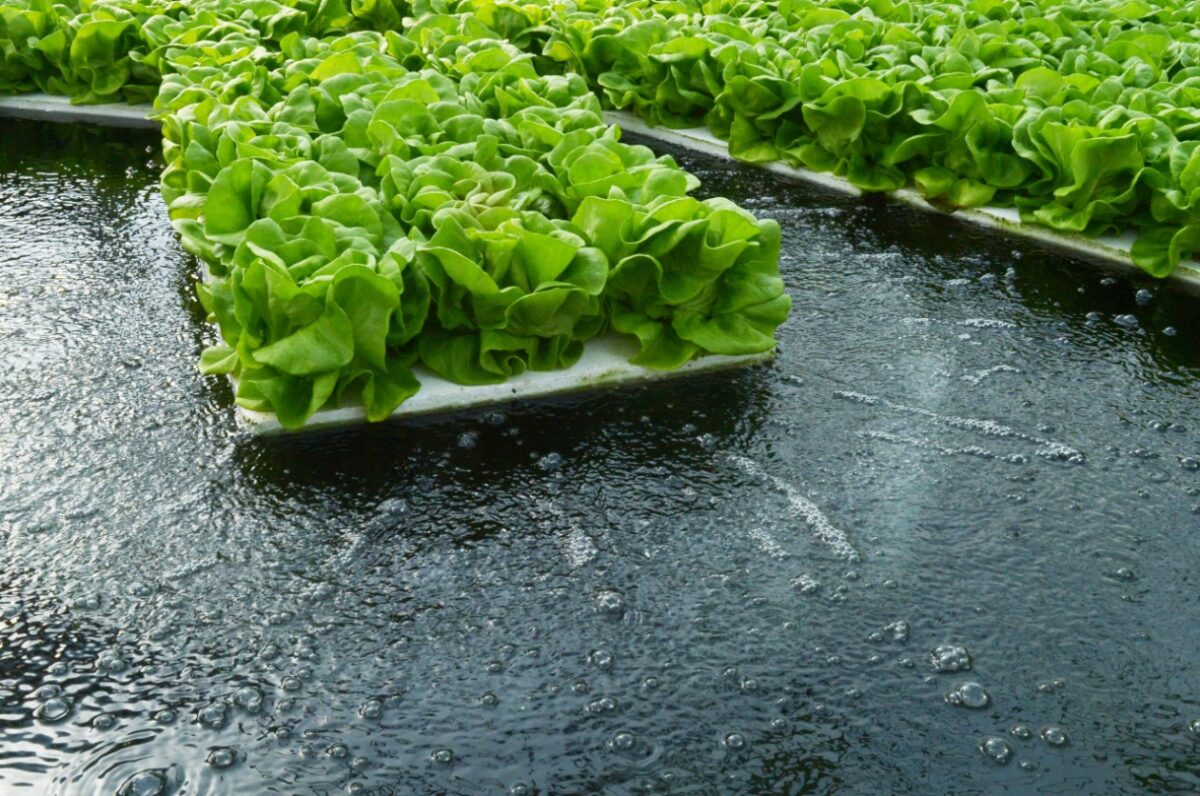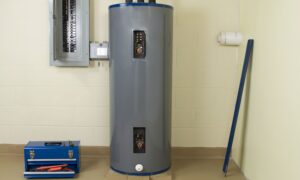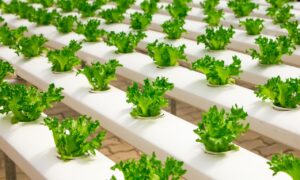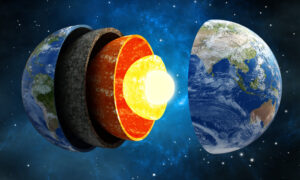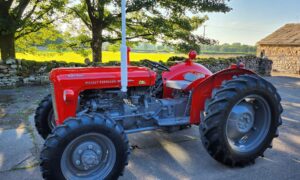Wondering why your hydroponics farm is not growing as expected? The reason could probably be the water.
Water is the essence of the hydroponics farm.
To ensure the survival of your hydroponics garden, you need to use the right water. Not just the clean water, but the right water with suitable pH.
The water used for hydroponics should not contain excess minerals and salts. That’s why drinking tap water also isn’t the right choice.
So to have clean and perfect water, installing water filtration systems is an absolute necessity.
You’ll find all the necessary information and readymade customizable hydroponics kits. And you can easily contact them in case of any questions.
Before we talk about the specifications of the water, let’s quickly understand hydroponics farming.
What is Hydroponics Farming?
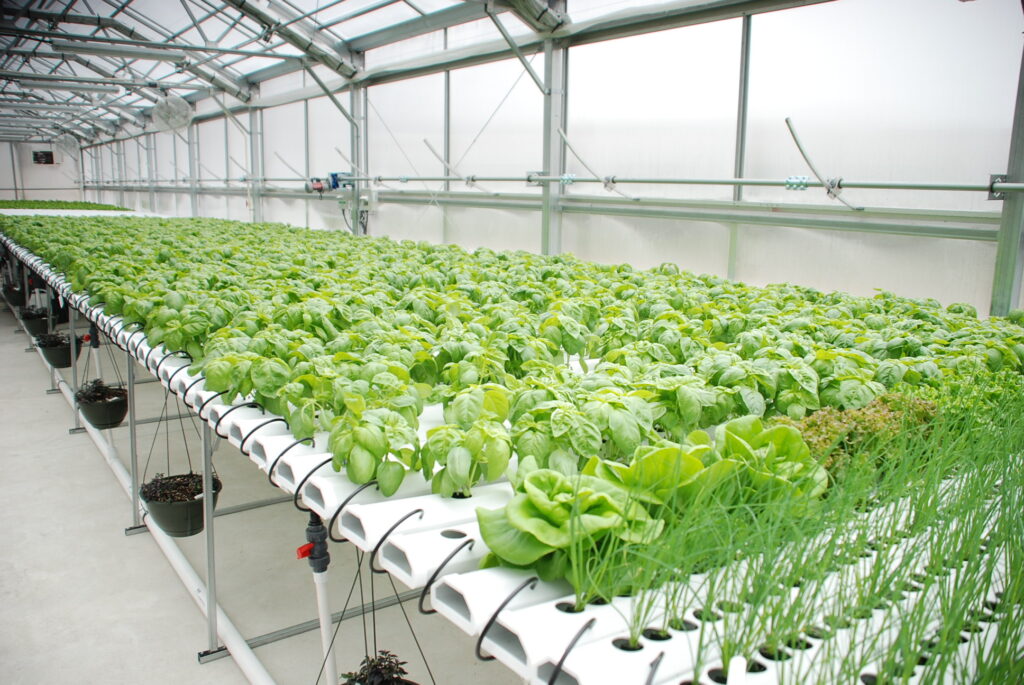
Source: rimolgreenhouses.com
Hydroponics farming is a modern way to grow plants without using a soil base. It is also referred to as soilless farming/gardening.
Plants need light, water, and suitable nutrients to grow. Soil is just the base, which can be replaced with water.
So, instead of using soil and fertilizers, the hydroponic system uses a nutrient water solution as a base.
Plants flourish wonderfully with growing medium and nutrient solutions. As it’s a soilless farming method, you can install the system in your home.
These days, readymade grow kits and hydroponics farming systems are easily available. Depending on the scope of your farm, you can order everything at home and install it.
Since the core of hydroponics farming is water, you have to be very careful with water quality. It simply can’t be overlooked. Let’s shed more light on it.
Water Quality For Hydroponics Farming
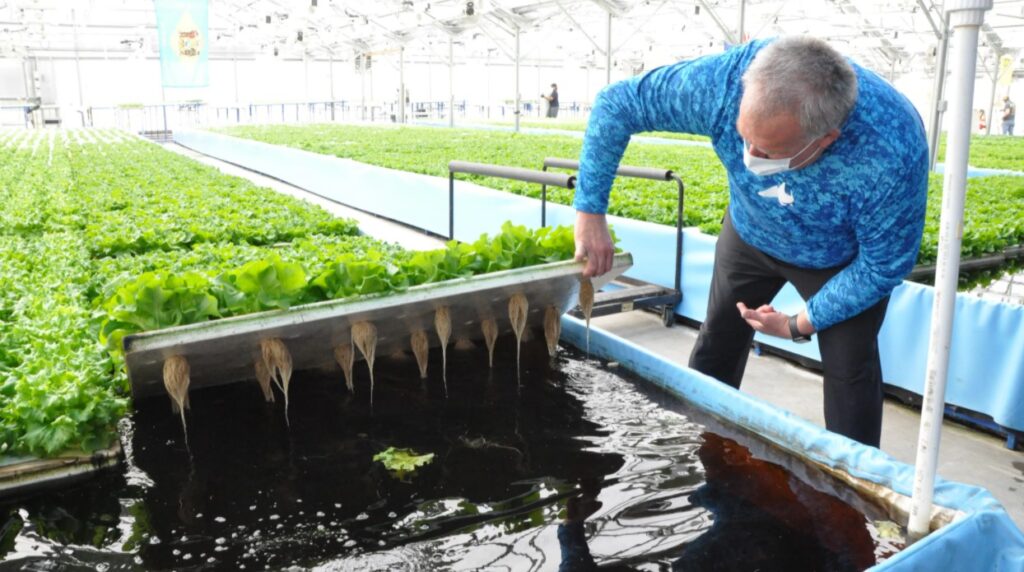
Source: delawareonline.com
As said earlier, clean water is not enough to keep the plants healthy. It should be pure water with suitable pH and minerals.
Usually, hydroponics systems thrive better with a slightly acidic to neutral pH of water. So that gives us the ideal pH value between 5 to 6 on the scale.
The Total Dissolved Solids (TDS) value in ppm varies with the types of plants you are growing.
If you decide to use tap water for the plants, it will gradually show a negative impact. Because public utility water comes with added chemicals for purification. That’s good for you but not for your plants.
Secondly, water itself has naturally dissolved minerals that might not be suitable for plants. So even if the tap water is clean, it’s not pure.
How to Know if The Water is Impure?
There is the simplest way to test water quality via an Electrical Conductivity (EC) test. Water contains minerals like iron, calcium, magnesium, potassium that conducts electricity.
Use an EC meter to see what value it shows for the chosen water. For example, if it shows 0.5 to 2 mS/cm, you have the right water for the hydroponics plants.
But it’s most likely to show higher value, and that’s how you know the water needs filtration.
Can You Use Distilled Water For Hydroponics Farming?
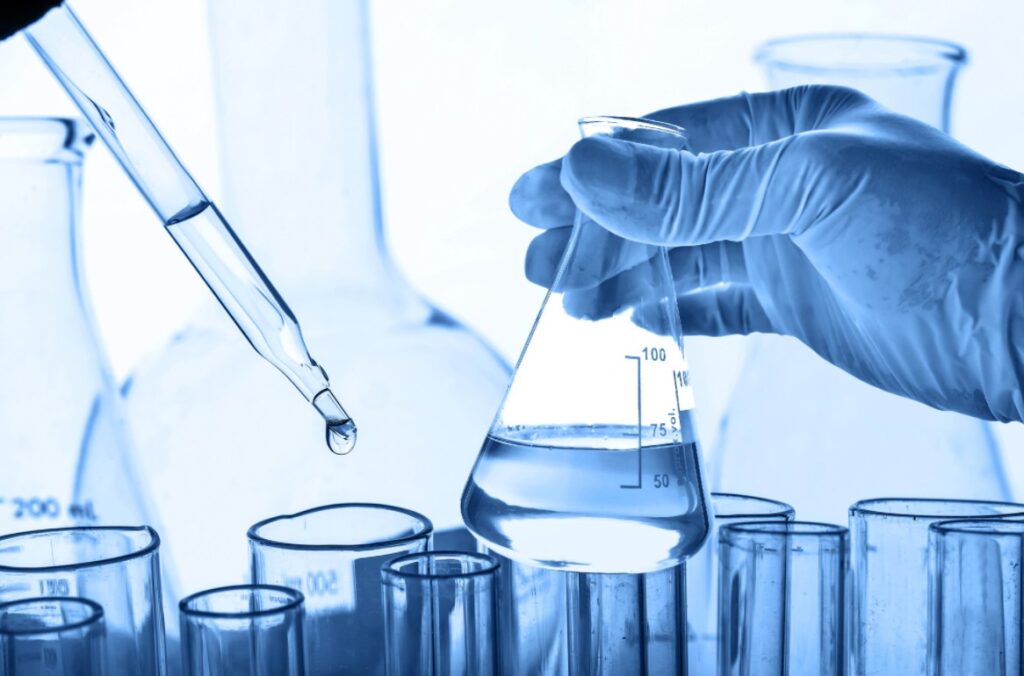
Source: zerowater.eu
Yes!
You can certainly use distilled water as it’s already purified and treated. It doesn’t have any contaminations.
However, you still might need to cross-check the pH of the water. It’s also suggested to mix some tap water with the distilled water to balance the pH and then use it for hydroponics farms.
Some people would suggest keeping tap water in the sunlight to naturally get rid of contaminations. But that’s not a reasonable solution. You can’t be sure if it’s pure even if the pH value is accurate.
Besides, if your farm is of considerably big size, home remedies won’t be time-saving. A permanent and easier solution is to fit the filtration system to your hydroponics farm.
Why Do You Need a Water Filtration System?
The EC meter would tell you about the conductive minerals. But what about other minerals?
The EC meter won’t be able to capture those minerals without electrical conductive powers. So to calculate the TDS value, you might need to follow complicated procedures.
The simplest and time-saving alternative is the filtration system. Installing the filters would give your plants the right kind of water.
You just have to fit the filter between the water reservoir and plants. Now the important thing to understand is- Filter won’t dramatically change the quality of your plants.
It is not the only medium to ensure quality. There are other things like a light source and nutrient solution.
However, a filter can certainly avoid damages to the plants. It will prevent any fungi development or plant diseases.
So to sum up, the filtration system is not optional. It’s rather highly important for your farm to thrive with minimal maintenance activities.
What is The Best Filter Choice?
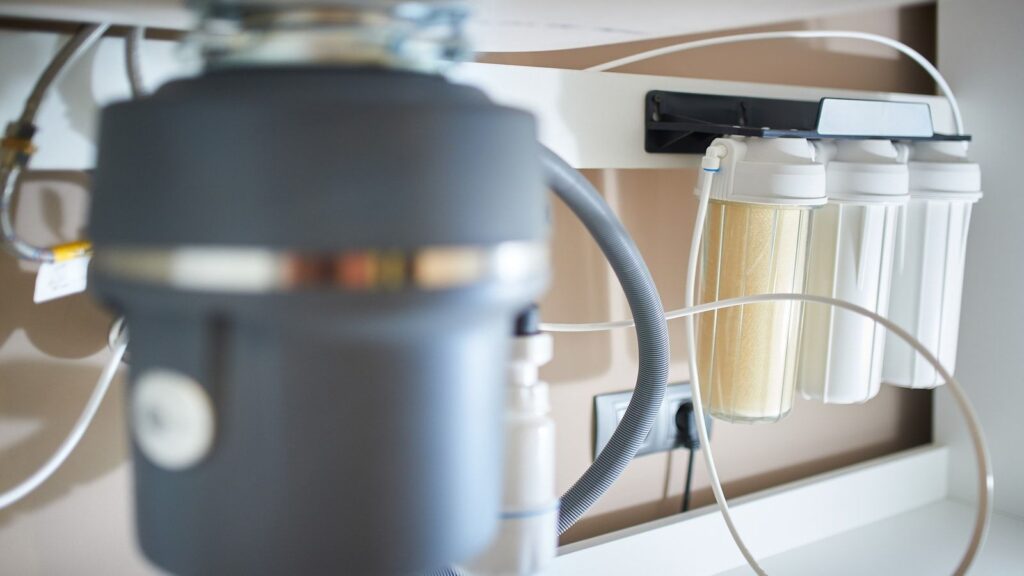
Source: experteasy.com.au
Well, the carbon filter works pretty well with impure and chlorinated water. However, sometimes that might not be enough if the water has more chemical impurities.
So in most cases, a reverse osmosis filter would be the best option as it’s the most effective one.
Depending on the water source and type of plants, you can get a suitable filter online. If you are confused, it is always better to talk to an experienced farmer.
Click here to see the range of offers on different filtration systems and other necessary grow kits to build a hydroponics farm. You can get everything delivered at home and assemble it by yourself.
Don’t forget to confirm ideal water readings from an expert. Enjoy Gardening!

